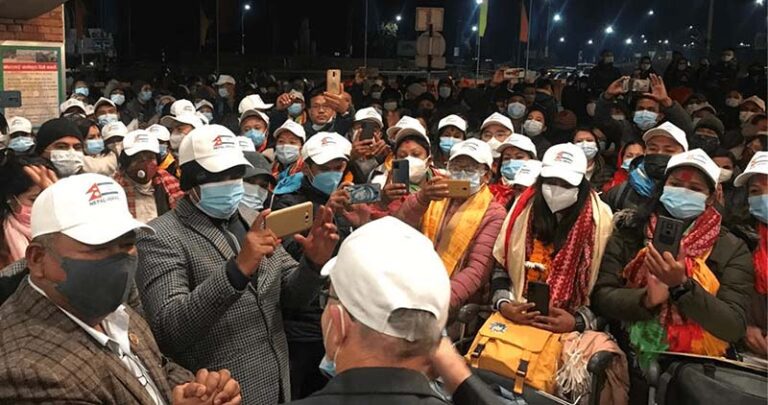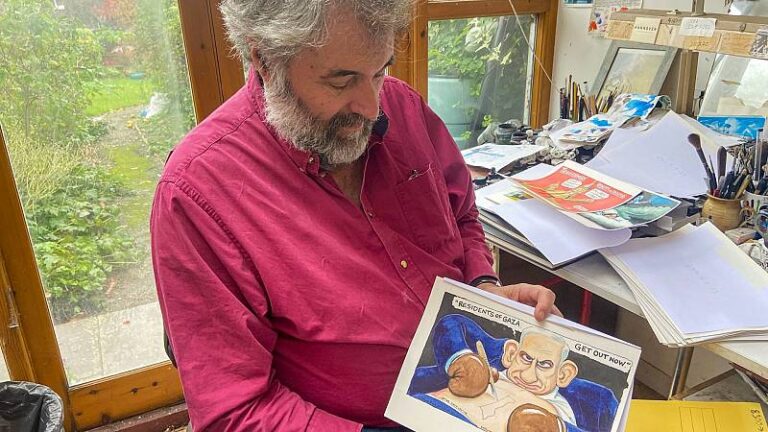In a significant stride towards gender equity in the animation industry, Women in Animation (WIA) proudly announces the establishment of its Nepal chapter, marking its inaugural venture into South Asia. With a mission to advocate for gender equality within the realms of animation, VFX, and video games, WIA Nepal is set to make waves in promoting diversity and inclusion on a global scale. As source said, WIA Nepal Becomes 1st Women in Animation Affiliate in South Asia .
At the helm of WIA Nepal stands filmmaker and Board President Sampada Malla, whose vision is to nurture young Nepali women and illuminate the plethora of career opportunities in animation and visual effects. The chapter’s primary objective is to dismantle barriers to entry by offering educational scholarships and support, thus paving the way for aspiring female artists to thrive in the industry.
Initiated by Kiran Bhakta Joshi and Deepa Chipalu Joshi, co-CEOs of Incessant Rain, a prominent animation studio based in Kathmandu, WIA Nepal has garnered pivotal financial and developmental sponsorship from its inception. Deepa Chipalu Joshi emphasizes the significance of advocacy, mentorship, and education as catalysts for fostering a gender-balanced animation landscape in Nepal.
Comprising a dedicated team of professionals, the WIA Nepal Board of Directors includes
Sampada Malla, President
Shrijana Shrestha, Secretary
Babita Giri, Director
Prabhakar Maharjan, Director
Sanchita Lama, Director
Special Advisors
Kiran Bhakta Joshi, Incessant Rain Studios
Deepa Chipalu Joshi, Incessant Rain Studios
Together, they envision a future where women and nonbinary creatives in Nepal have equal opportunities to showcase their talents and contribute to the industry’s growth.
Marge Dean, President of WIA, expresses optimism about the partnership’s potential to champion gender equity not only within Nepal’s animation community but also on a broader industry scale. As WIA Nepal embarks on its journey, supported by the global WIA network, it sets a precedent for collaborative efforts in advancing inclusivity and representation in animation worldwide.
Incessant Rain, with its headquarters in Kathmandu and California, has played a pivotal role in shaping the animation landscape with notable projects like Angry Birds, LEGO Batman, and Mr. Robot. Through its collaboration with WIA Nepal, the studio reaffirms its commitment to fostering a diverse and equitable creative environment both locally and internationally.
As WIA Nepal takes its first steps towards empowerment and advocacy, it heralds a new era of opportunity and representation for women in animation, setting the stage for a more inclusive and vibrant industry landscape in Nepal and beyond.
More About WIA Nepal






